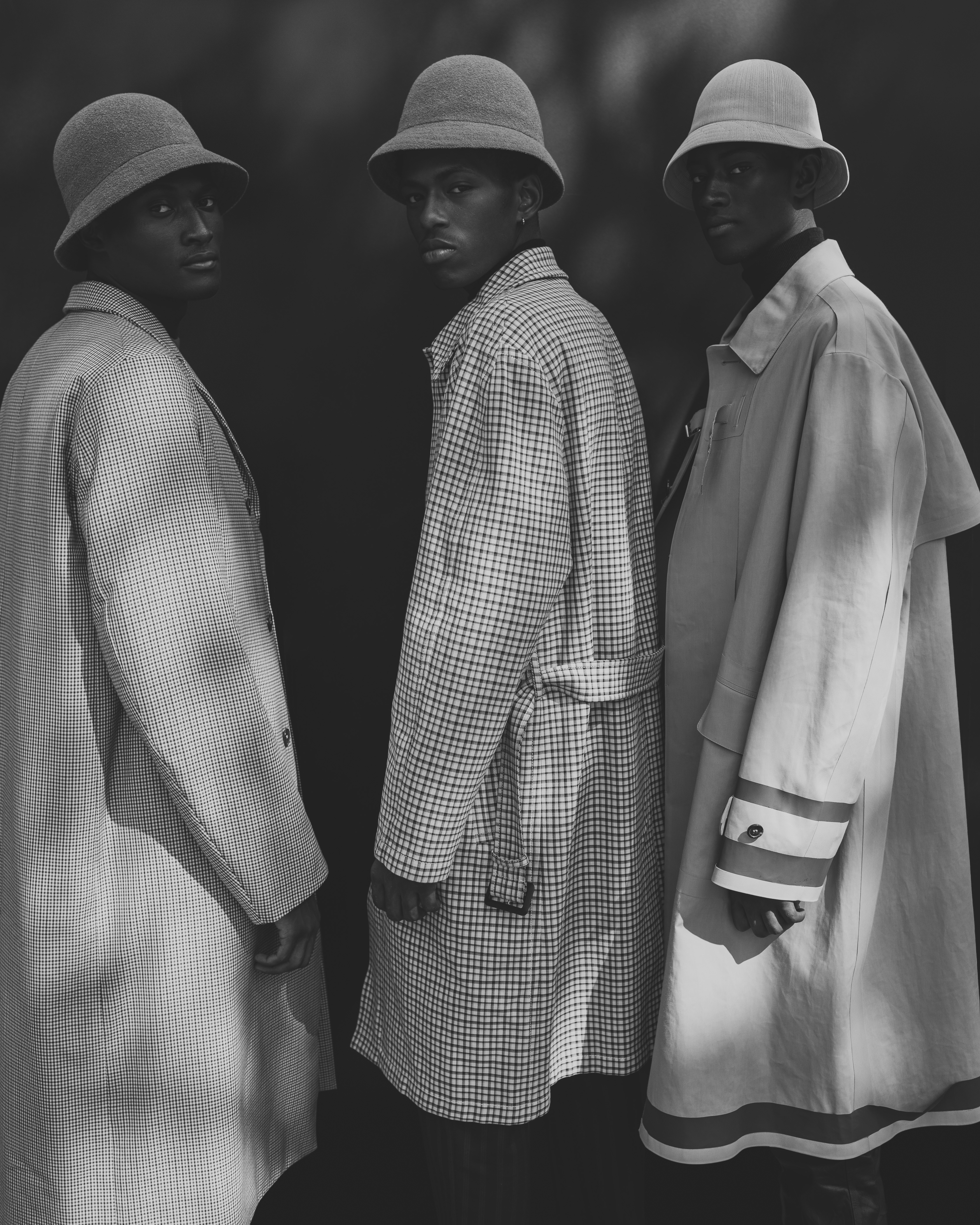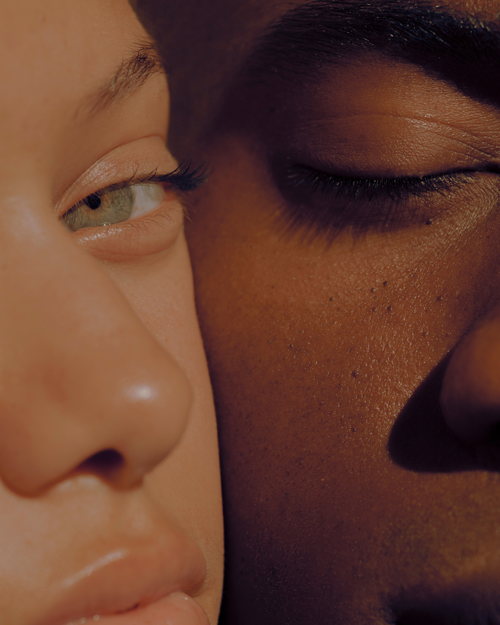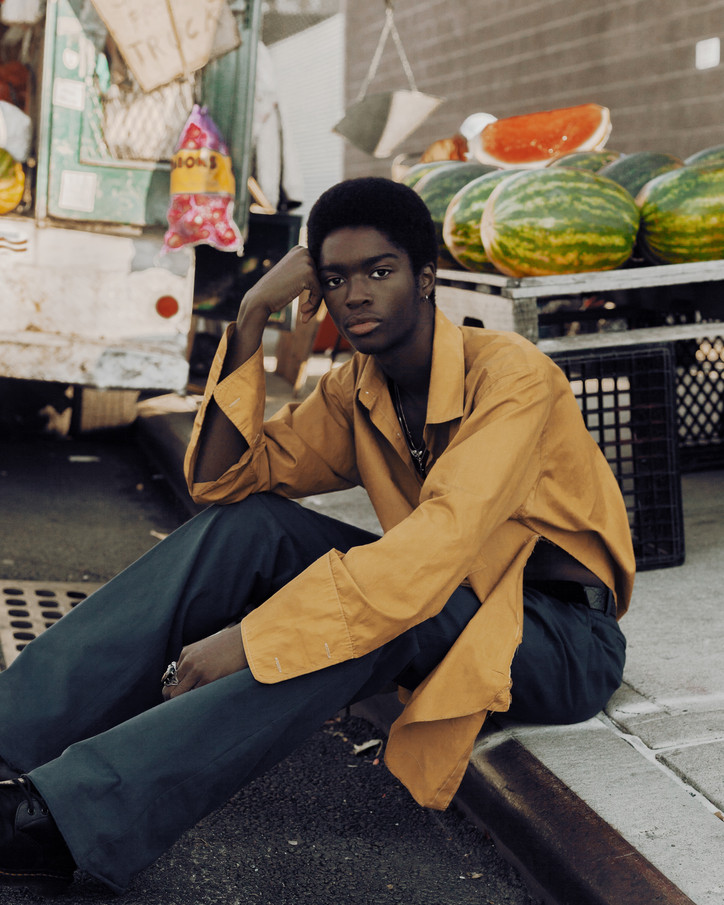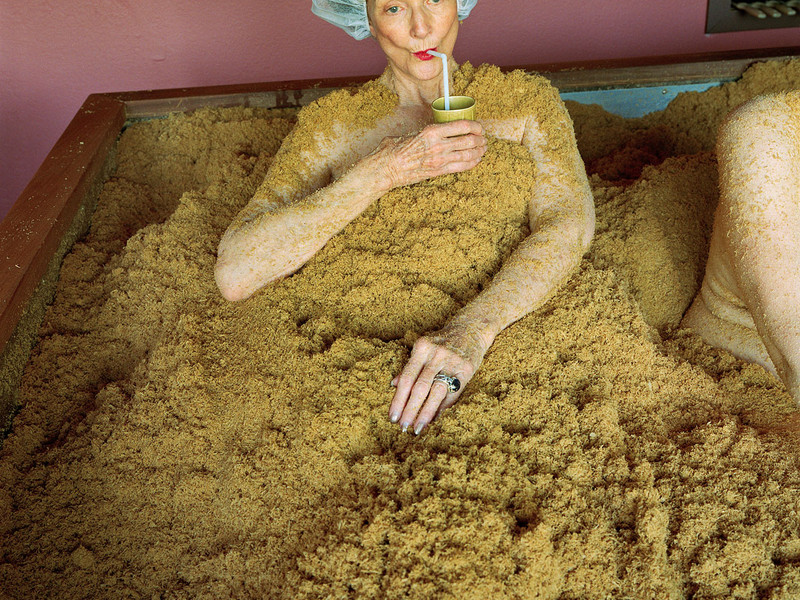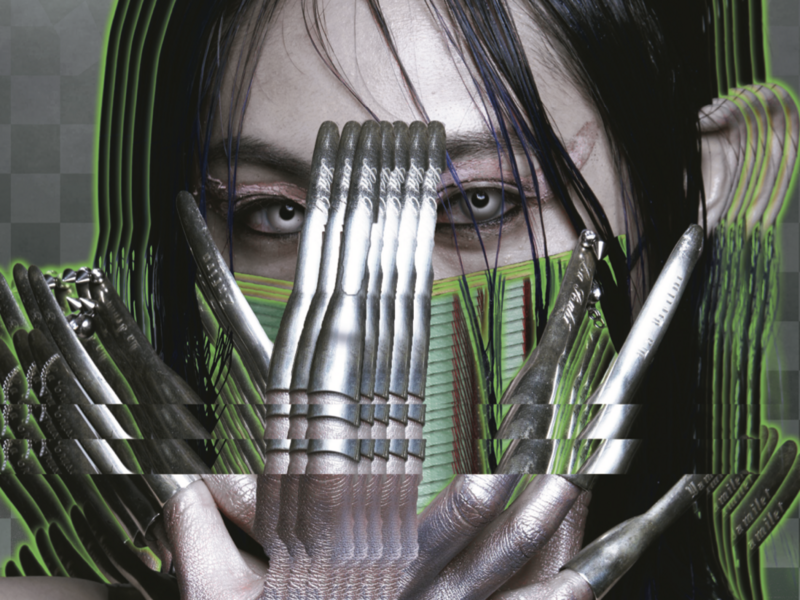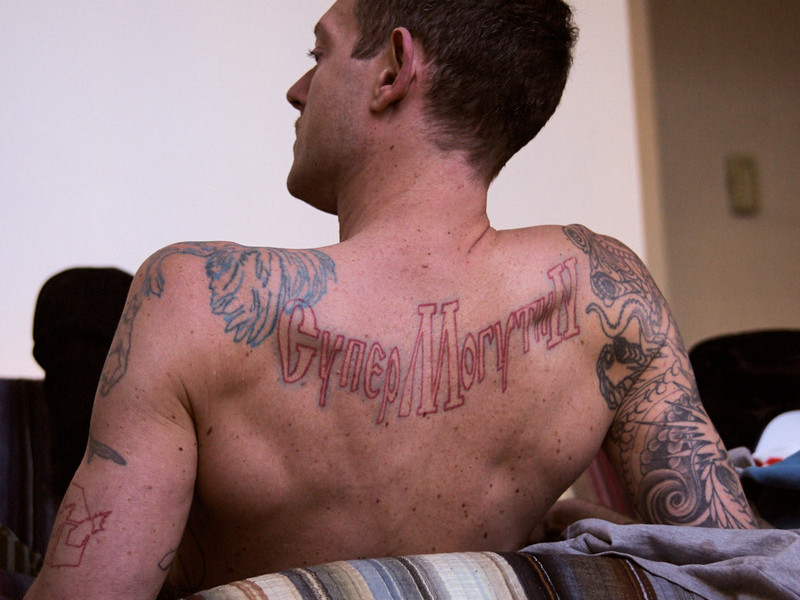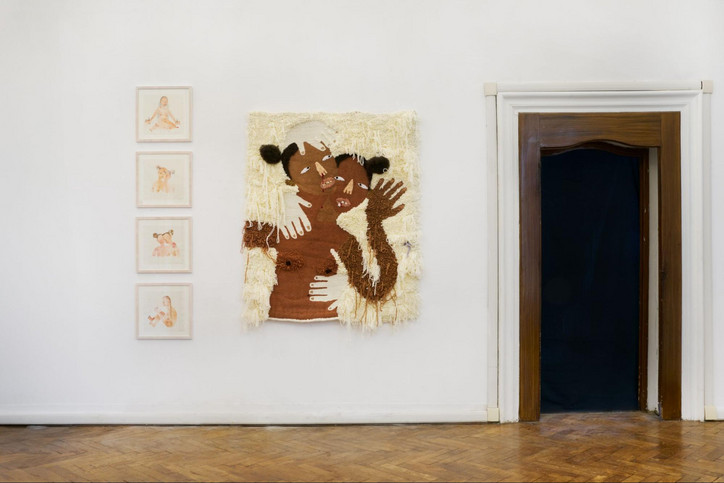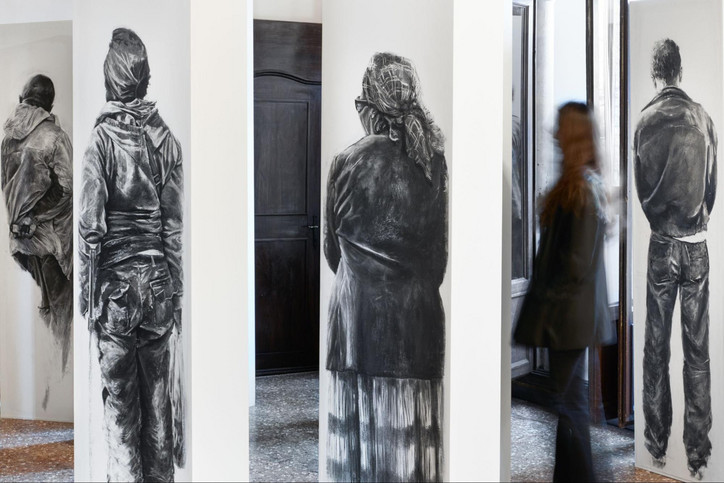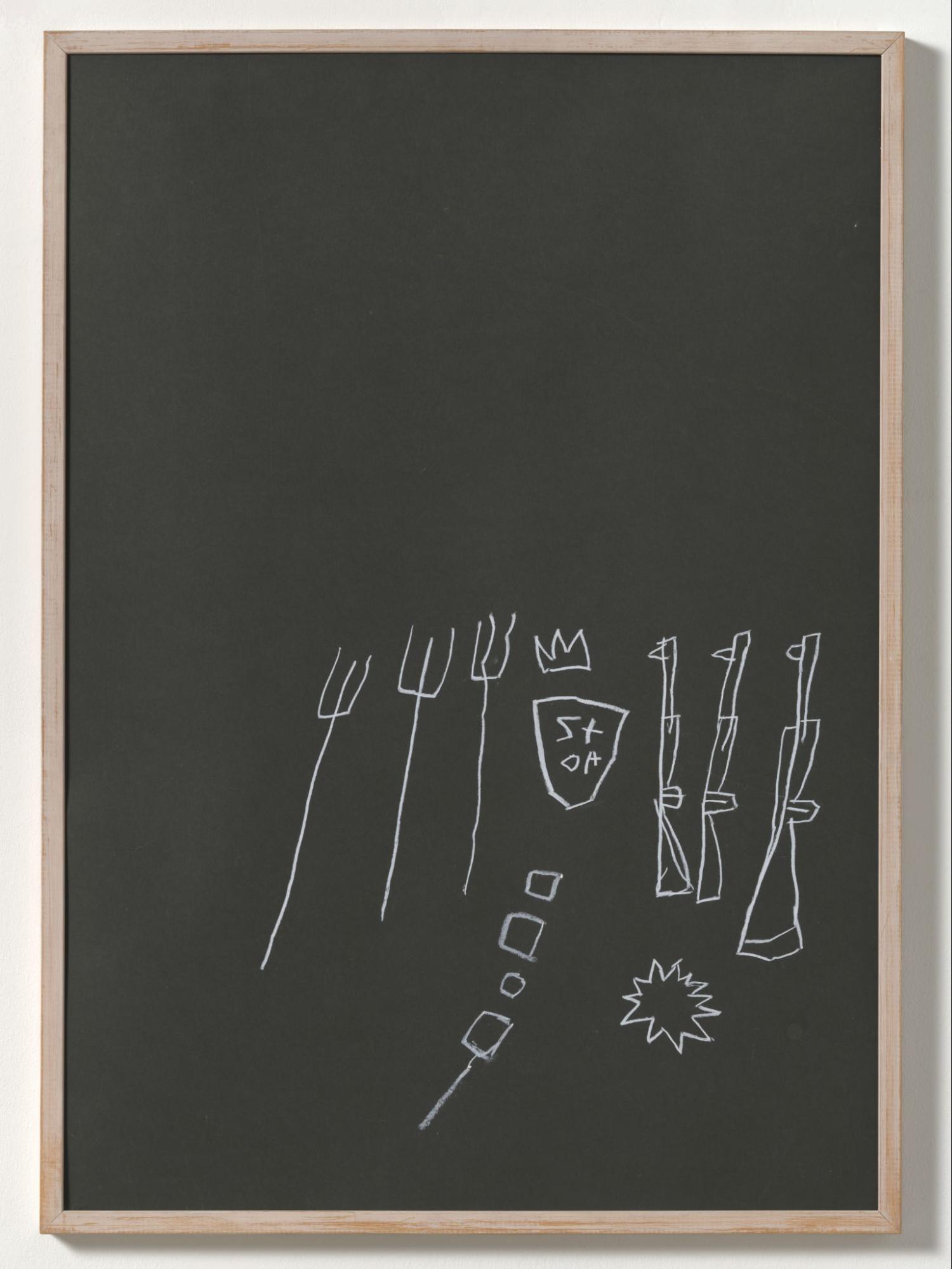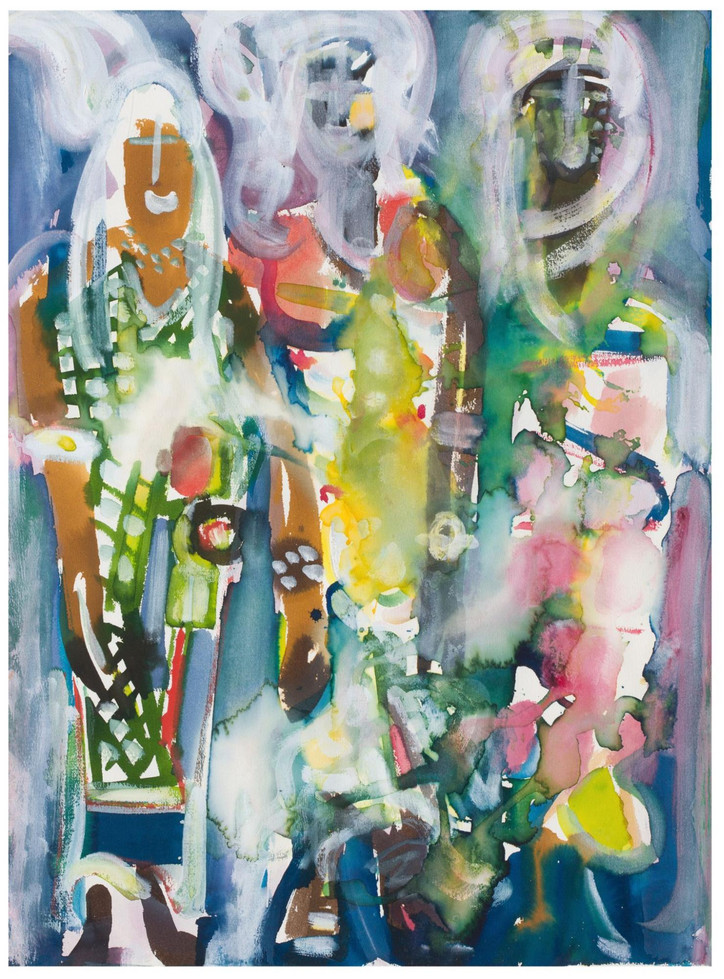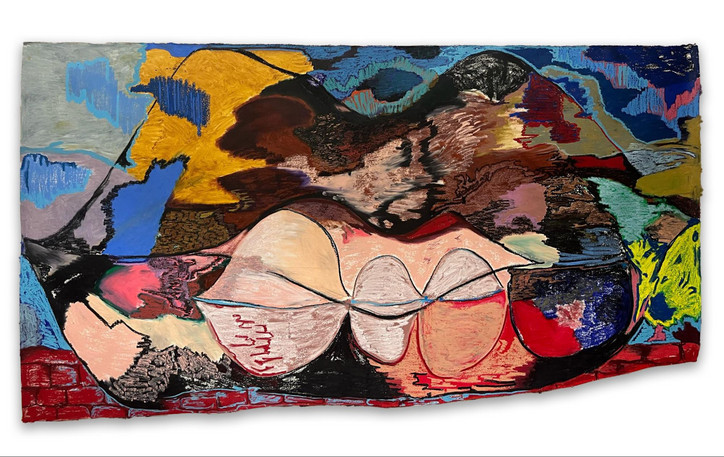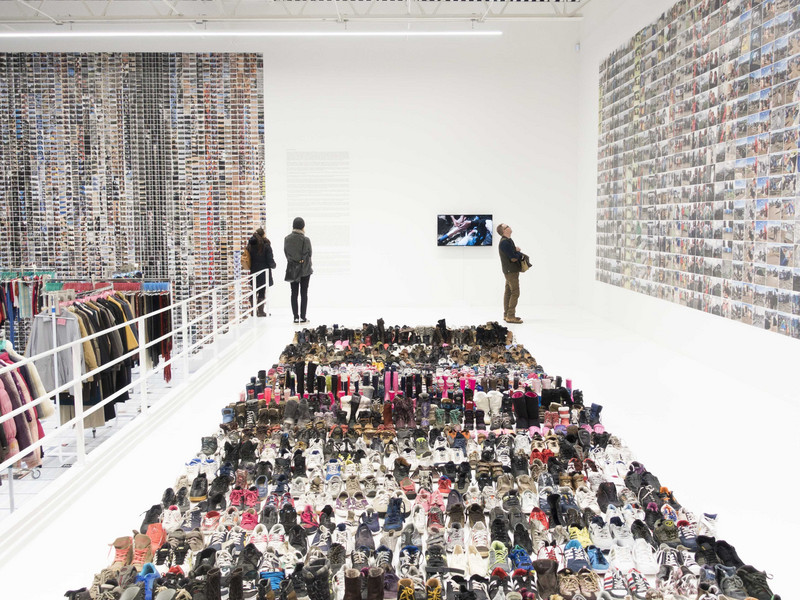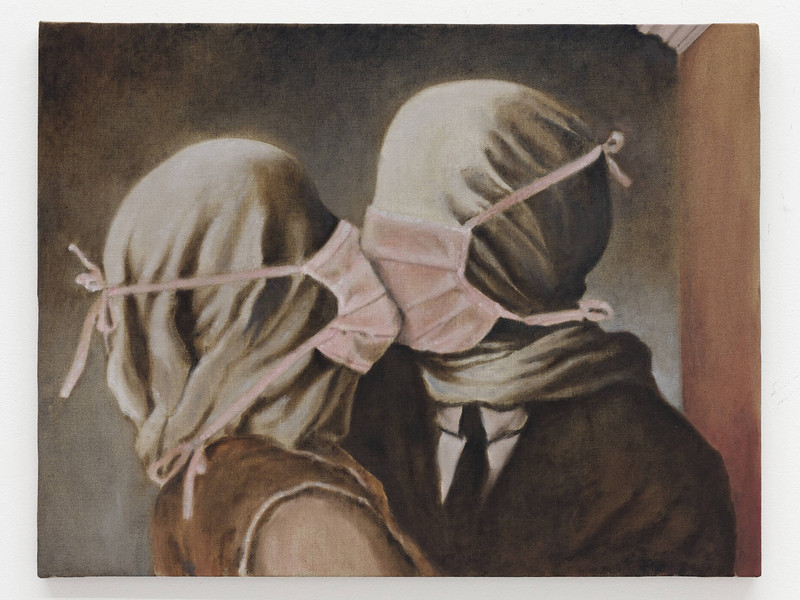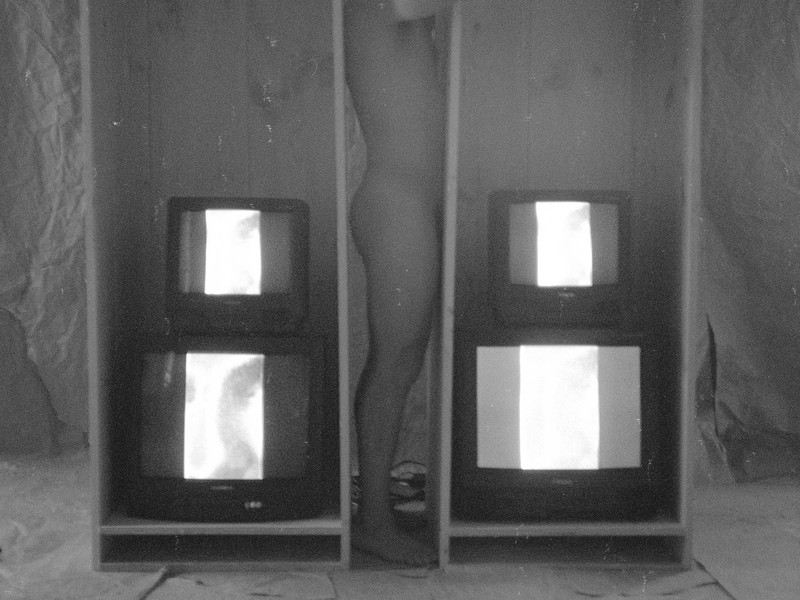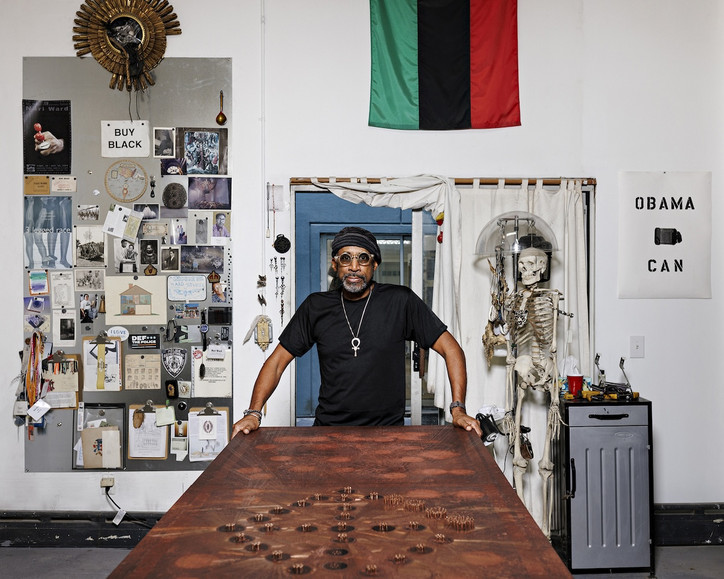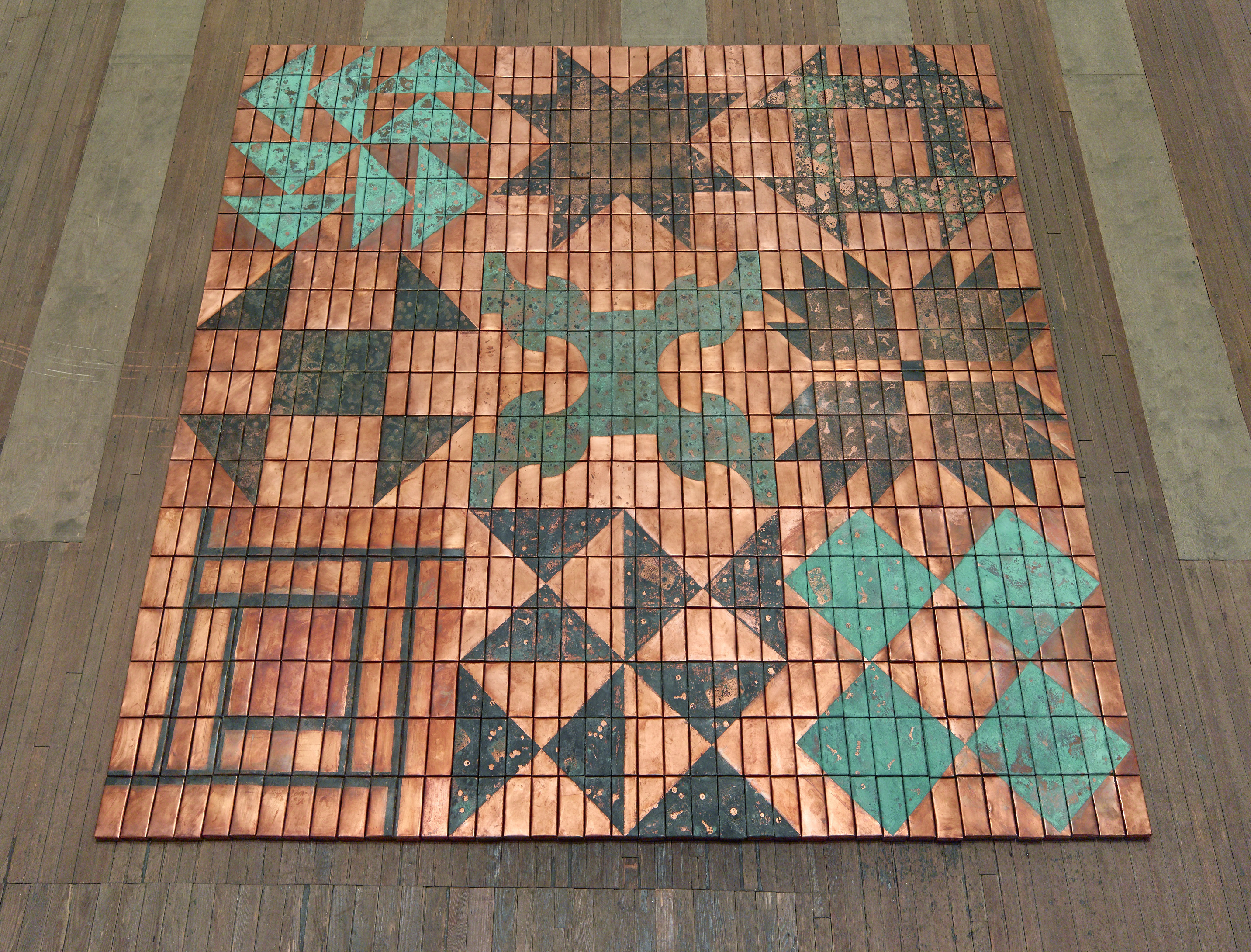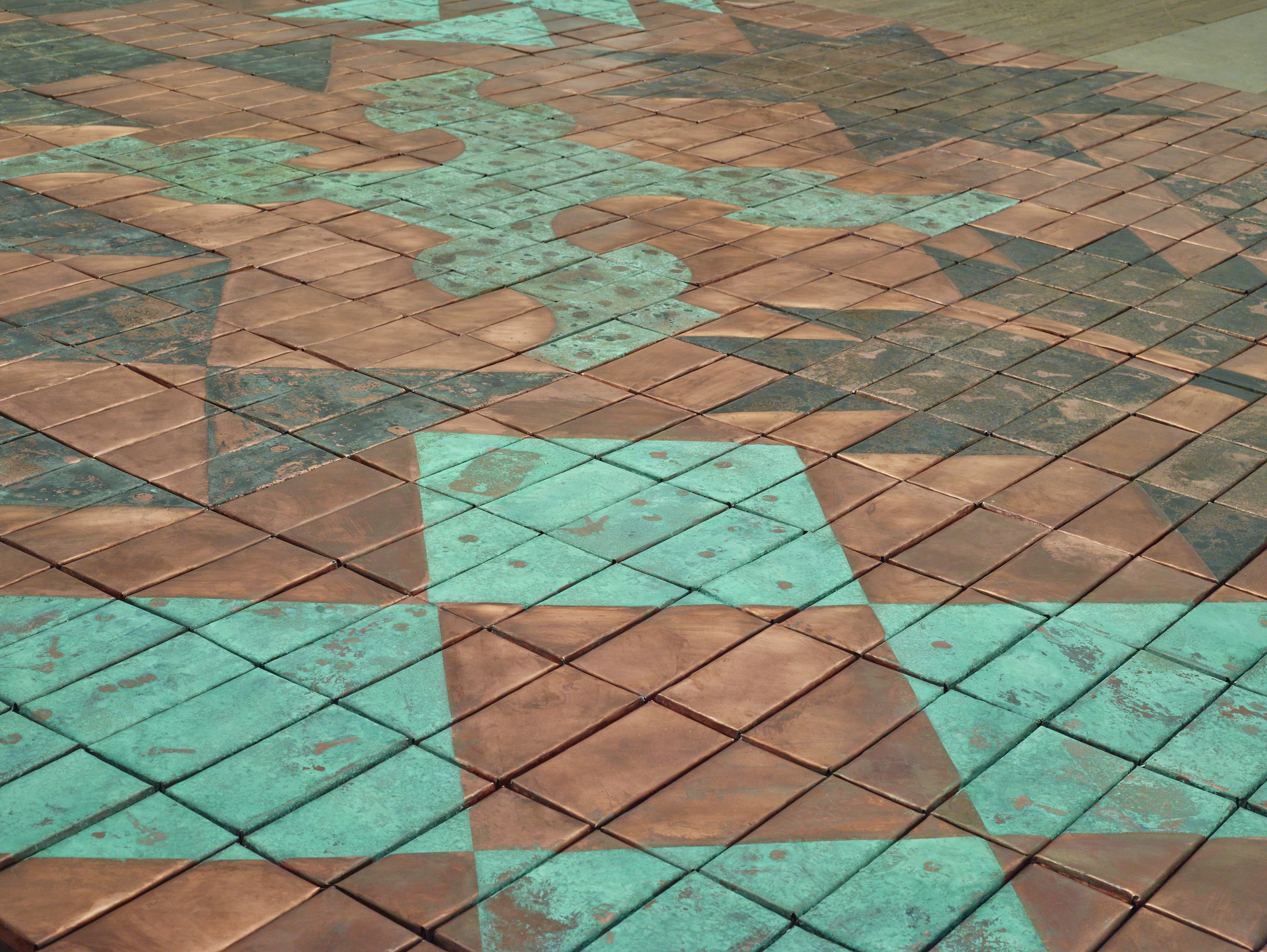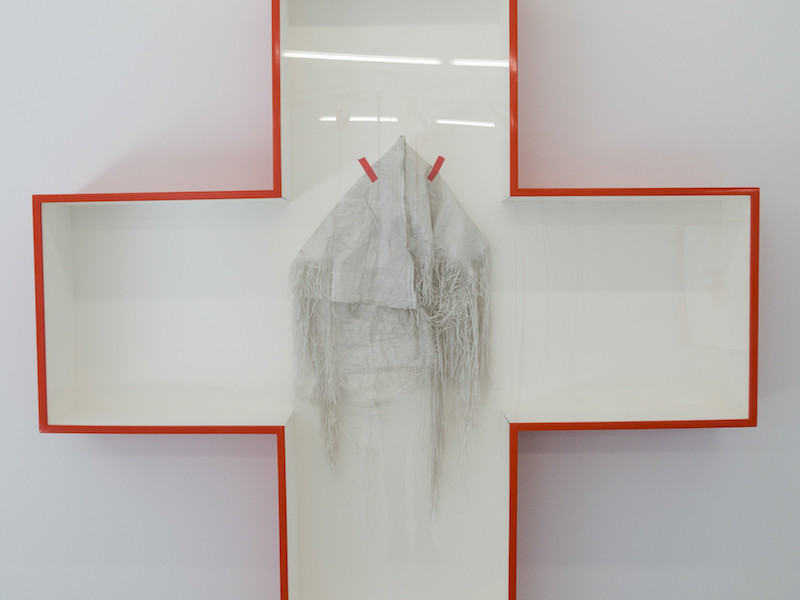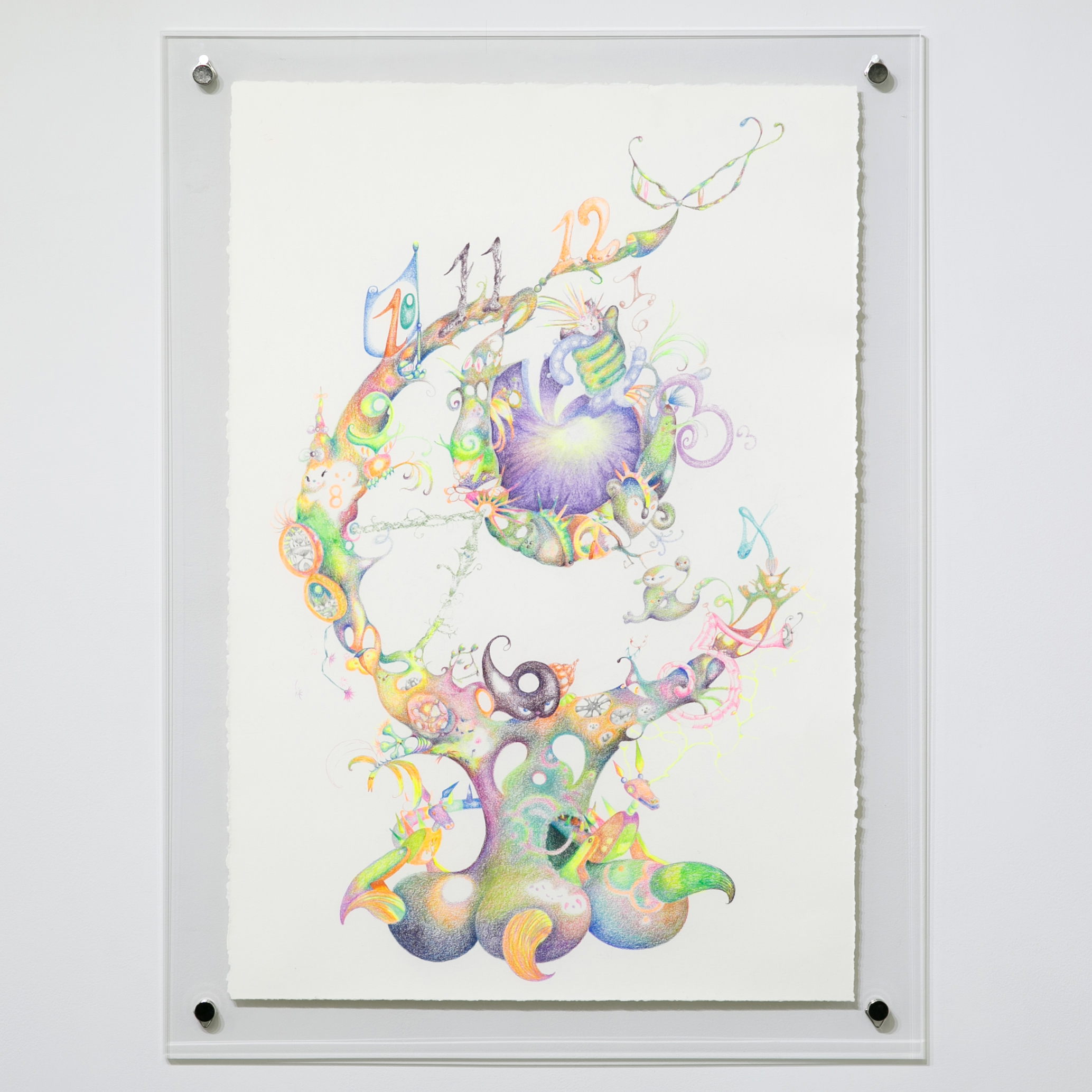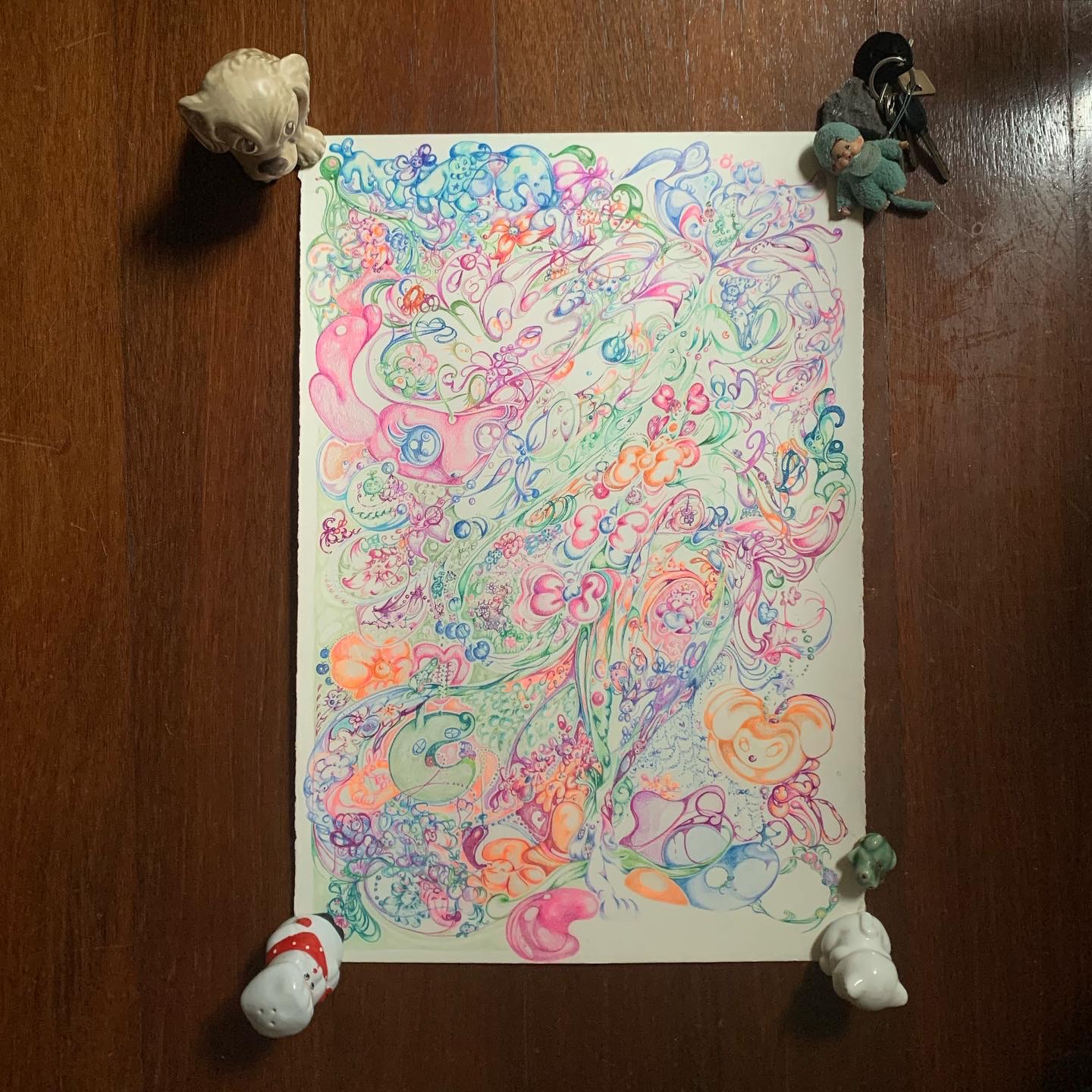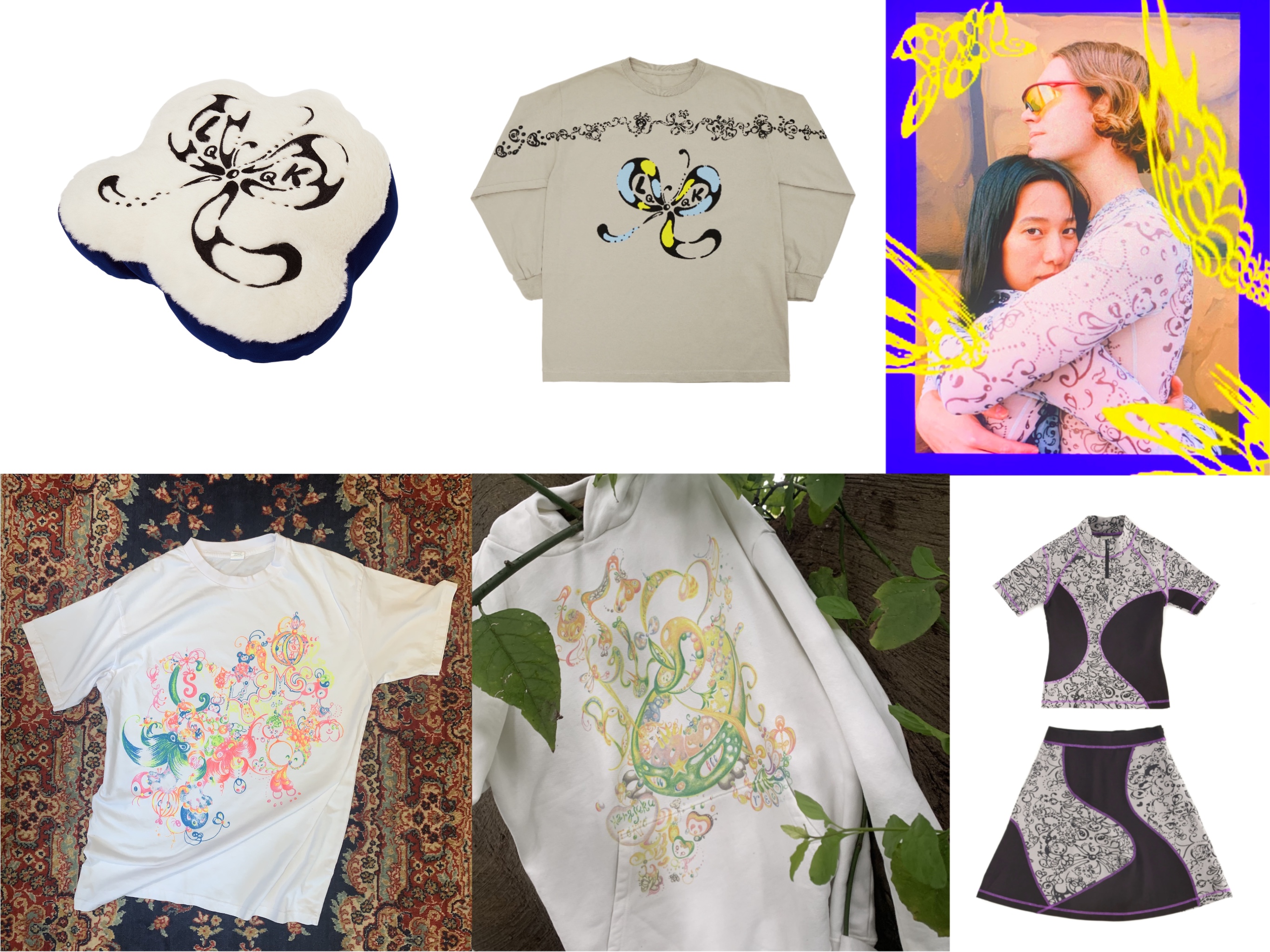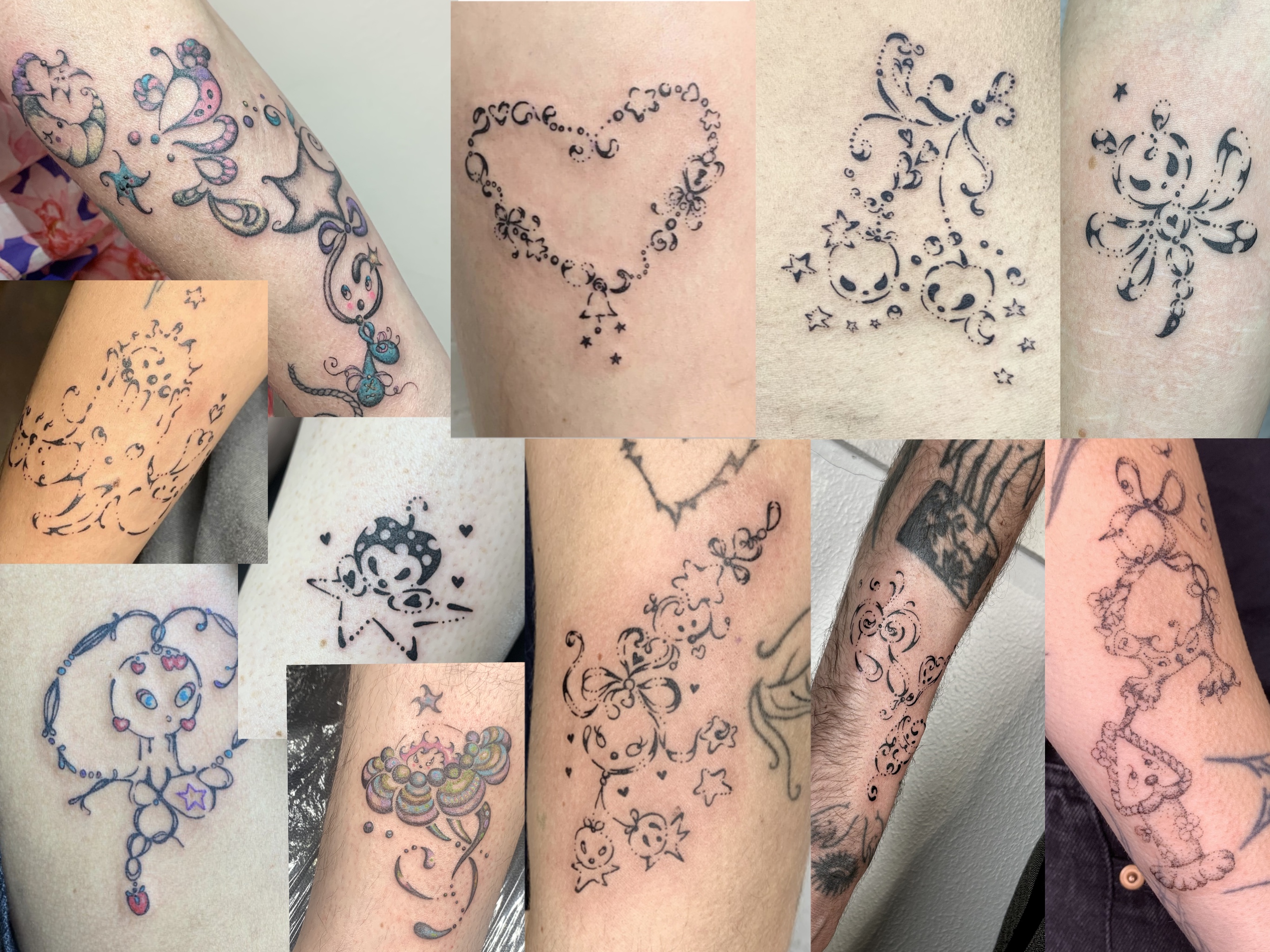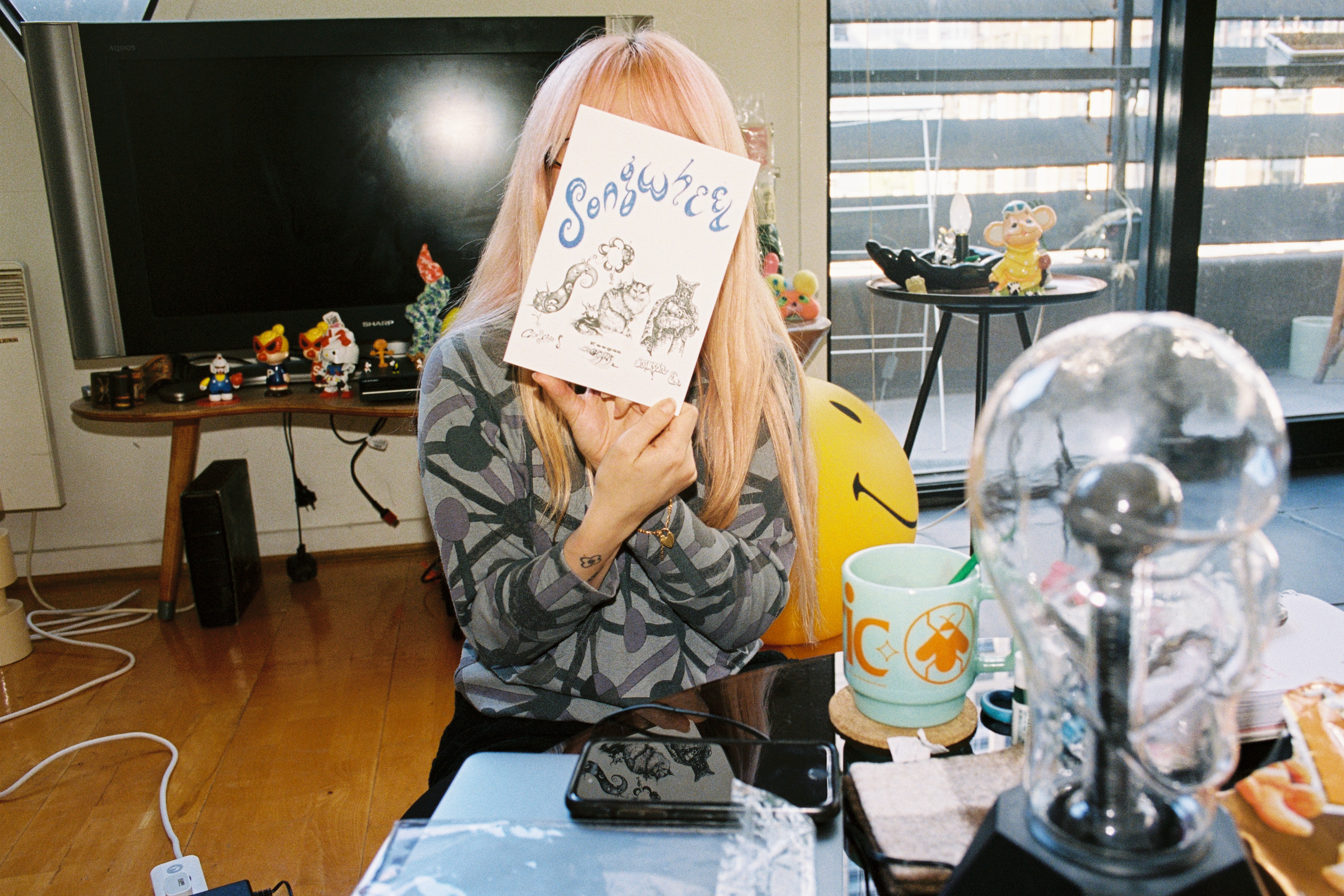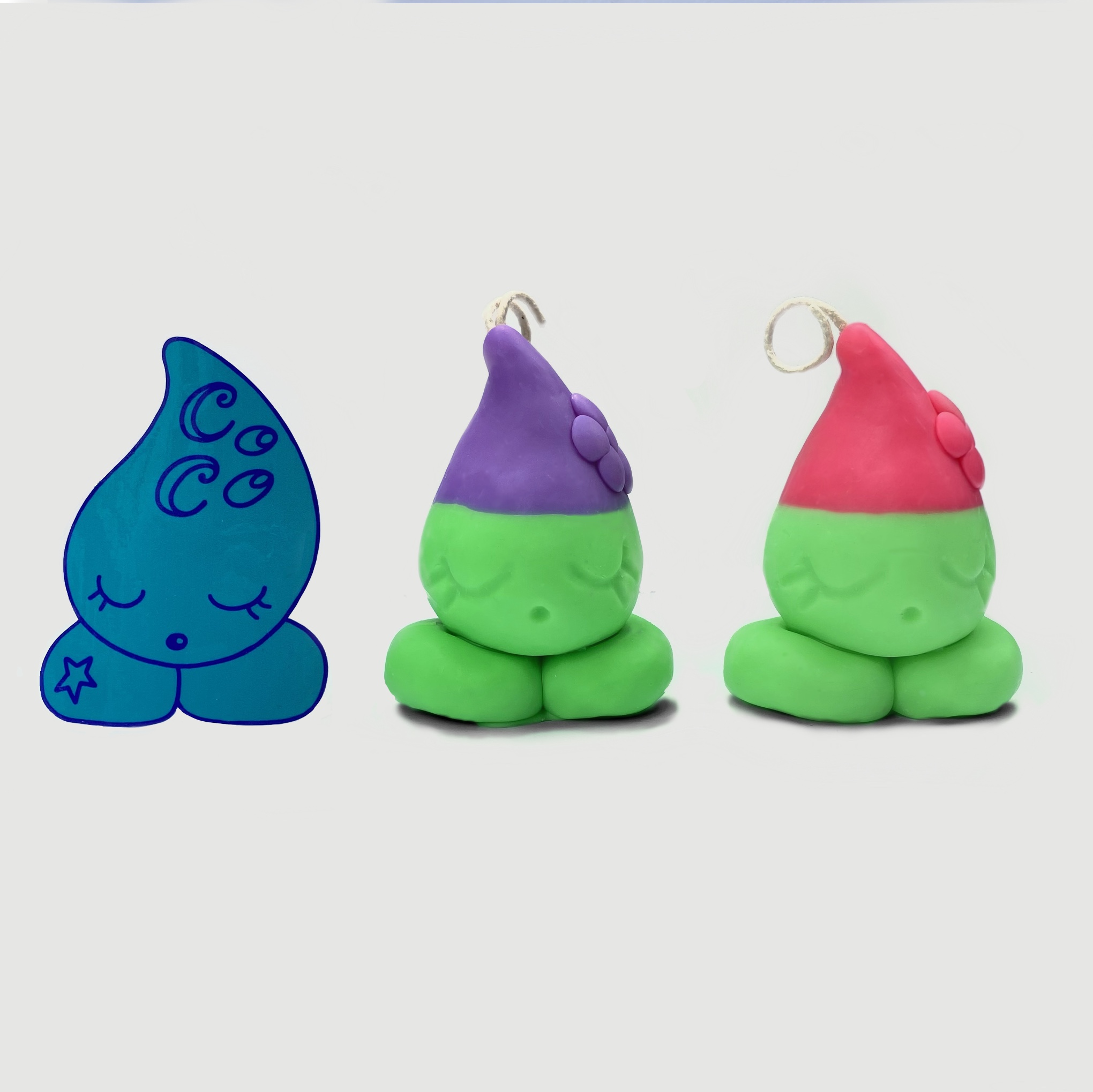Micaiah Carter on Family, Identity and Longing to Belong
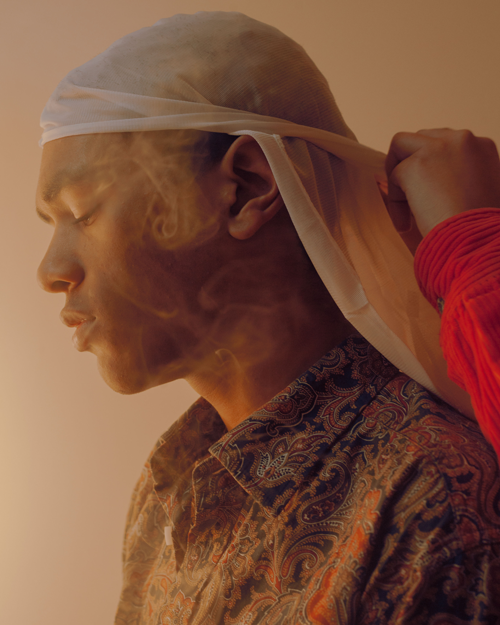
As a force for change, Carter is part of a creative juggernaut that has openly worked to create a more inclusive space for Black people through his work, and his latest photo book is a case in point: titled Micaiah Carter: What’s My Name, it’s a visual anthology that covers over ten years of Carter’s career, drawing his personal and professional trajectory with found family albums photographed by his parents.
Guided by a near-to-real obsession over chronology, Carter carves a path that steps in and out of time, depicting the moments of Black life that characterize his ancestry, past and present. “They have their own power,” he says, “but this book is about uplifting their potential and shining a light on them. I think this process inspired me to do such work because a lot of my family and friends inspired me to shoot photos when we were together, and what I found interesting was that these subjects wouldn’t necessarily be represented in contexts like that of fashion.”
With a deliciously bottomless reservoir of ideas, he speaks unabashedly when translating his experience as a Black man into his photographic practice. “I believe it’s something that I had to learn,” he says, “because growing up there wasn’t a space for me to see people who could have helped in understanding what the color of my skin meant behind the camera. It wasn’t right before I went to New York that I was speaking to a friend who asked: ‘Do you realize you’re a black photographer and how much power that has, for the simple fact that there’s not many out there who speak volumes on representation and have a platform?’ At the end of the day, I feel like I’m just myself and I try to use as many influences from my own childhood and family in my own history and bloodline to create what I’m creating today.”
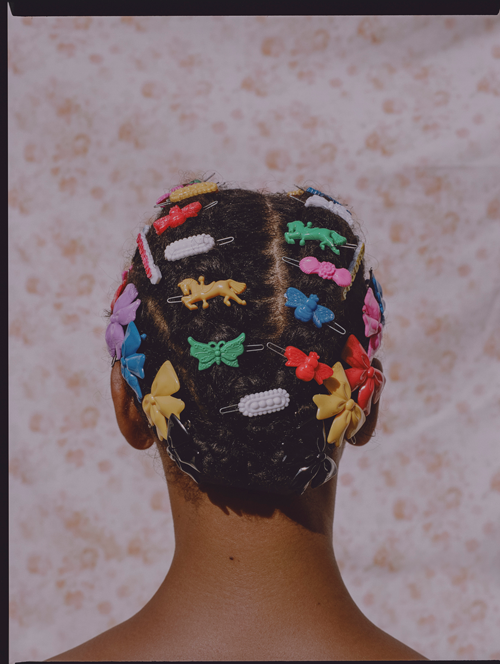
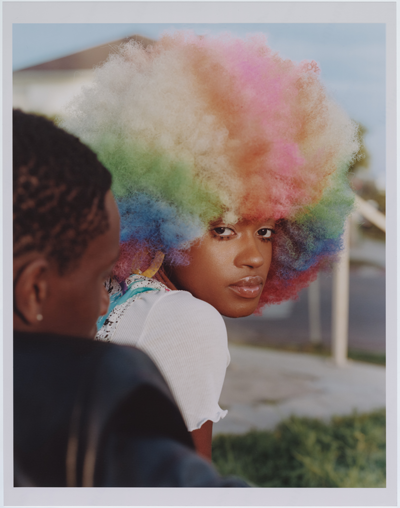
Grounded in the knowledge of identity and selfhood, the book chronicles a tapestry of photographs that punctuate a through-line between different moments in Carter’s journey, navigating through the 1970’s fashion and palette captured in his mother and father’s snapshots. In one spread, a snapshot of a boy cloaked in a bright yellow barber’s cape poised as a woman shaves his hair—shot for Baby Boy, a collaboration between Carhartt & Manual NYC—is paired with a polaroid from 1982 of a youth sports team, boys huddled around their coach dressed in yellow jerseys and striped knee-high socks.
In another, a wealth of school portraits taken between 1965 and 1972 is juxtaposed with a photograph of the back of a woman’s head—her hair ornamented with multicolored berets in the shape of butterflies, horses, and bows. With Carter as their connection, these images spark a dialogue across time, lives, and communities, celebrating the great dimension of black identity in America through the medium of photography.
Truth be told, the portrayal of Blackness has been weaponized by the Western (read: white) gaze for centuries, and it seems like we’re only starting to detoxify the myths around Black people — by way of empowering their truest essence — in recent times. However, at any rate, Carter does not stray from the honest messages he wants to convey through this body of work.
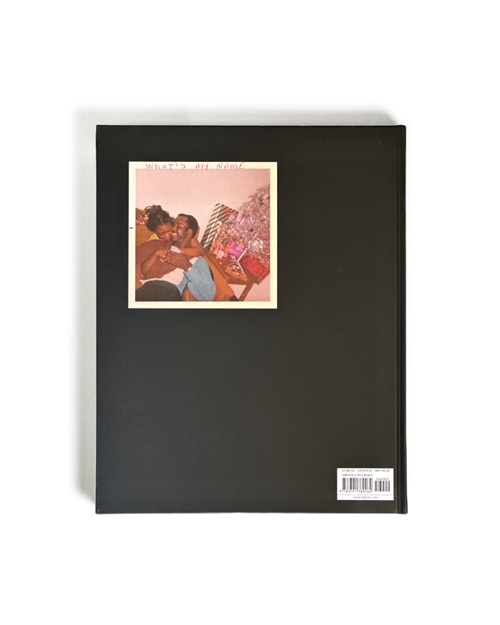

“The main point I want people to take away from this book is inspiration!” he freely admits, with no signs of peacocking braggadocio on display. “I think the photos in the book strongly range from people that no one will really know if you don’t look into the index, to others that are world-renowned; and personally, I think all of the captured subjects are part of a phenomenal scope of Blackness, because America is linked to the ideal that it takes a lot to dream. But when I think about what the country has done to Black individuals over the last century since they got here, I hope this book acts as a tool that doesn’t stop one from dreaming of having the same opportunity and visibility as the rest of society.”
And just like Carter, who by the end of our conversation matured a tone from softly-spoken to downright powerful, I very much hope the same.

